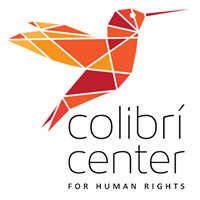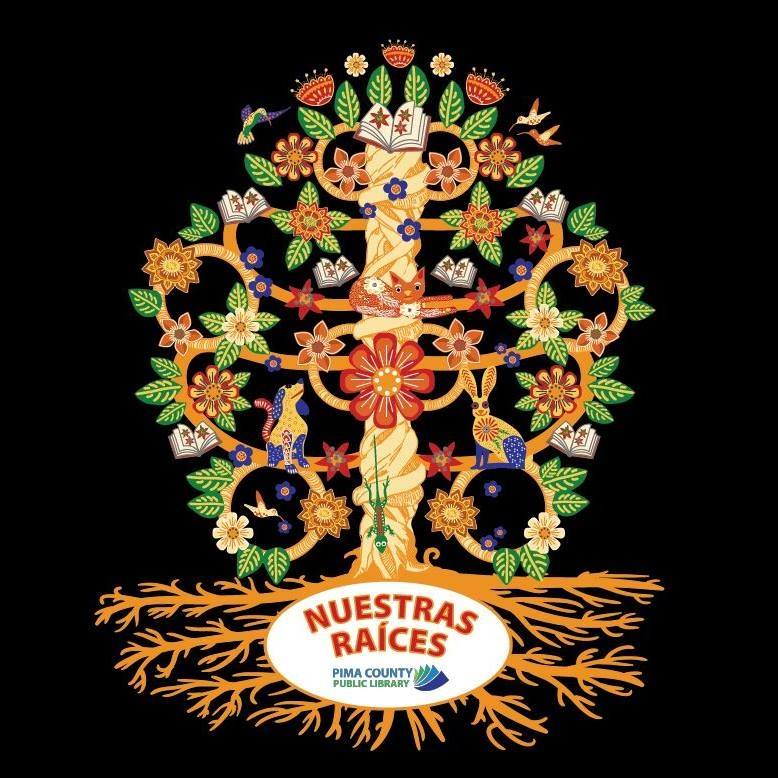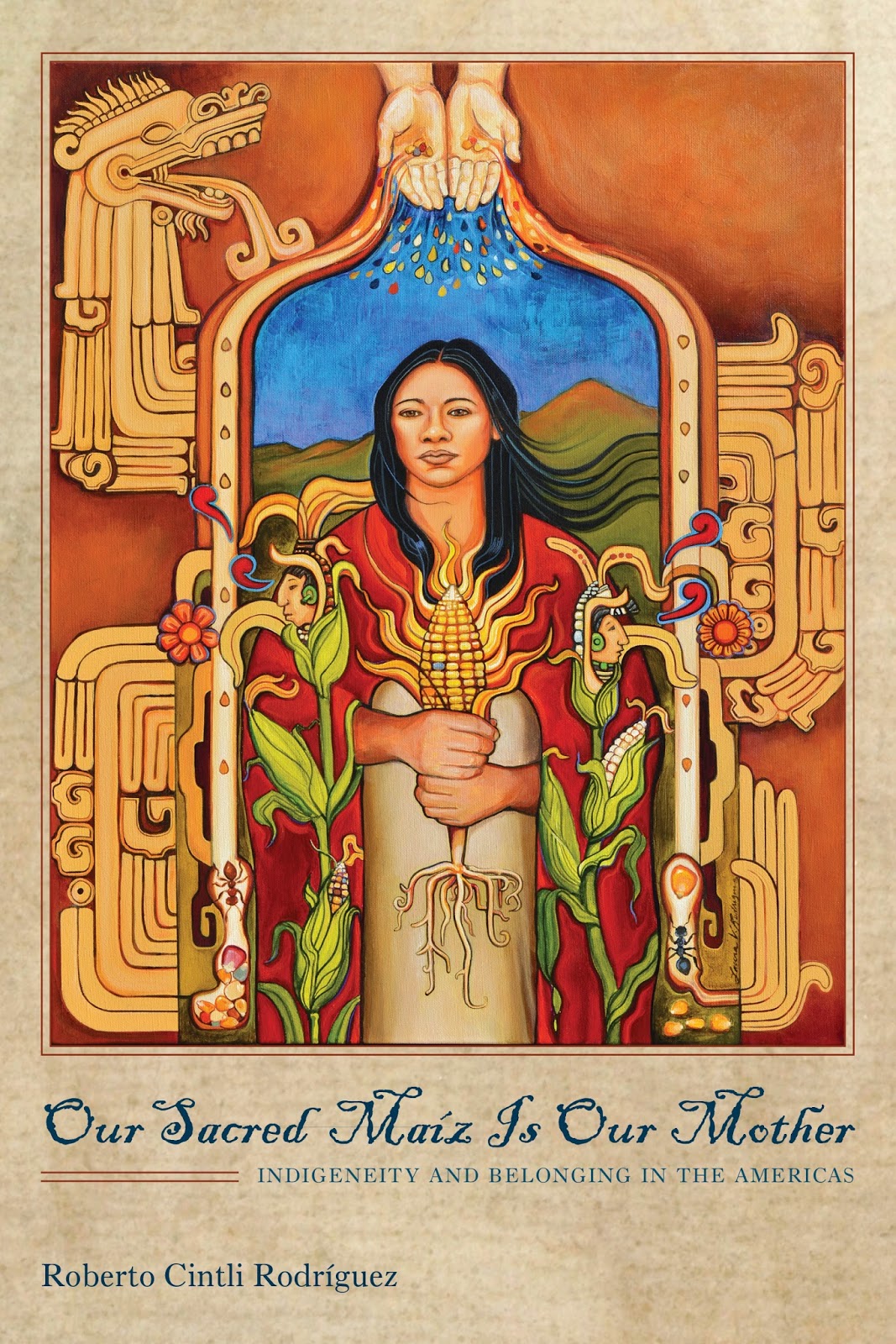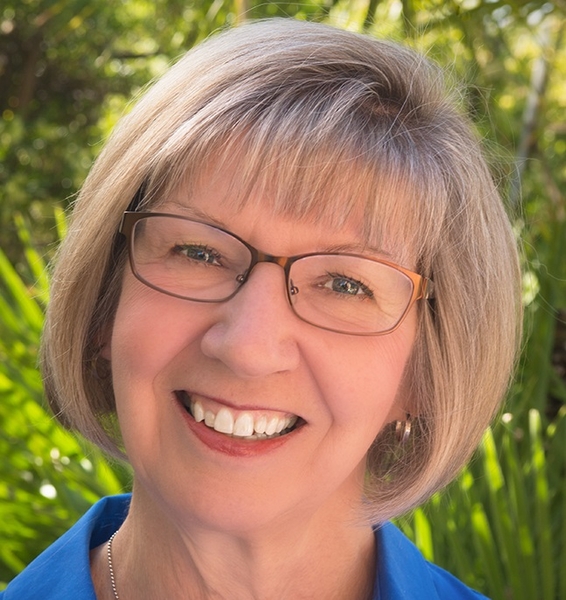 Today on 30 Minutes, we speak with Robin Reineke, Co-Founder and Executive Director of the Colibri Center for Human Rights which is built upon the The Missing Migrant Project. Colibri identifies human remains on the US-Mexico border through comprehensive forensic research and reliable data on missing persons.
Today on 30 Minutes, we speak with Robin Reineke, Co-Founder and Executive Director of the Colibri Center for Human Rights which is built upon the The Missing Migrant Project. Colibri identifies human remains on the US-Mexico border through comprehensive forensic research and reliable data on missing persons.
The team at theColibrí Center for Human Rights brings together decades of experience in the forensic sciences, the social sciences, and in non-profits, startups, and technology. Colibrí exists at the intersection between forensic science and human rights, bringing powerful technology and scientific reliability to one of today’s most pressing human concerns. This allows for streamlined communication with families and cross-border collaboration to facilitate the identification of remains.
Robin Reineke is a doctoral candidate in the School of Anthropology at the University of Arizona. Her dissertation, “Naming the Dead: Identification and Ambiguity along the U.S.-Mexico Border,” is about the scientific, political, and social processes involved in identifying the bodies of deceased migrants along the U.S.-Mexico border. Her ethnographic research includes interviews and participant observation with forensic scientists and families of missing and deceased migrants in Mexico, Guatemala, and various parts of the U.S. Her work has been featured in the BBC, the New York Times, the Los Angeles Times, The Economist, and The Nation.
Produced by Amanda Shauger on February 2, 2014 in Tucson, Arizona.


In Undocumented: The Price of Admission acclaimed authors Reyna Grande, Jose Antonio Vargas, and Ingrid Rojas Contreras explore the unforeseen cost of the undocumented...

30 Minutes features an interview with Dr. Roberto Cintli Rodriguez author of Our Sacred Maiz is Our Mother: Indigeneity and Belonging in the Americas...

We spend 30 Minutes with Pam Simon who has been working on a memoir about being a survivor of the January 8th shooting in...